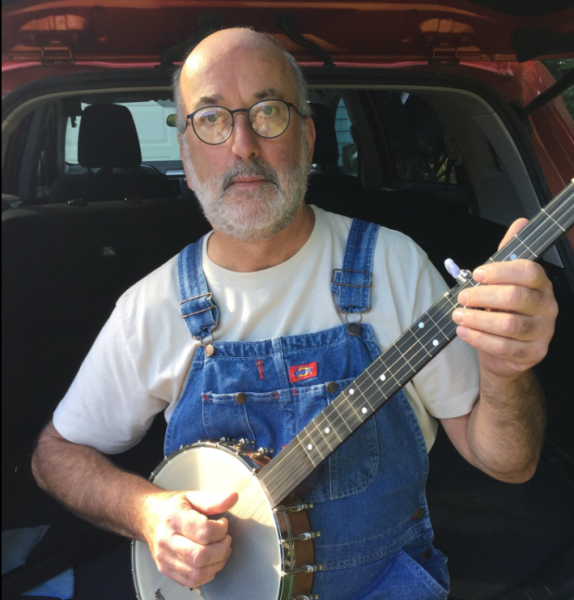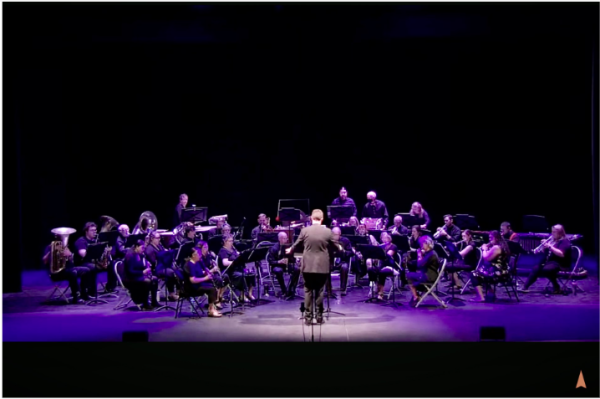RAD teaches women’s defense
According to the FBI’s crime statistics, it is estimated that there were 950,185 cases of rape and 764,449 cases of aggravated assault in the United States in 2015. Worldwide, the estimated percentage of women who experience physical or sexual violence is 35 percent.
The Rape Aggression Defense (R.A.D.) System was created in 1989, and since then the program has trained 11,000 instructors, who have taught over 9,000 women. They recently held a women’s self-defense class, led by new instructor Amy Olsen, in the SHAPE facility at JSC.
Olsen, library director at Lanpher Memorial Library in Hyde Park, was in a group trained by R.A.D. through the Lamoille County Sherriff’s Department back in June. “It just was a natural collaboration between two organizations,” Olsen said of the decision to bring a R.A.D. class to JSC. “Sherriff Roger Marcoux with the Lamoille County Sherriff’s Department had been working, I think, with Michele Whitmore with some other issues, and he’d been talking with her about ways that they could work together, JSC and the Sherriff’s department.”
The JSC course was a cost-free class open to a maximum of 24 female-only participants. While the R.A.D. program offers classes for men, as well as teenagers and seniors, there are reasons for keeping the genders separate — the first being that women learn different self-defense moves than men.
“Another reason is that some women come in with issues and fears and having men [there who], no matter how well-intentioned they are, could also be seen as would-be aggressors,” Olsen said. She notes that some men could potentially be prospective attackers infiltrating the course to learn countermoves. “If they learn the basic self-defense moves, then they’re learning how to defend themselves against attack from women who have been taught their self-defense,” she said. “So I think that for the purposes of this course, it makes sense to not have [it] be mixed gendered.”
Cassie Piper, a JSC student and R.A.D. course attendee, feels that the class has made her feel more confident after two meetings. “I feel like, no matter where I am, I know that I’m safe, because I know the skills to defend myself if something was to happen,” she said.
That recognition was what Olsen admired about the R.A.D. System. “I like the idea that it empowers women to be responsible for their decision making, for our decision making about our own safety, not to rely on somebody else. It gives you a lot of choices about different ways to be aware of risks and how to avoid them for your own safety and also to help to realize your own personal strength.”
With the current political situation, women may now feel more threatened in their daily lives. “Women are starting to feel the need to empower themselves even more than ever and because that’s sort of in the forefront,” Olsen, now speaking personally, says. “Women are feeling this powerful surge as a collective.”
However, she feels like any time is an important time to learn how to protect yourself. “One of the statistics that we talk about is that one in five women in the United States is raped, and 90 percent of rapes are unreported,” she says. “We also talk about the idea that date rape is still rape and non-consensual sex is still rape. You don’t say non-consensual murder or date murder; it’s still illegal and still against the law, and it happens more often than we know about.”
Piper has similar sentiments. Although she feels like JSC is a safe community, she says, “I believe everyone should be able to take a self-defense course to feel like they have the power to protect themselves without anybody else around.” However, some women feel like there are other solutions to this issue.
Olsen received a segment of an email written by a woman who had signed up for the course but dropped out after doing some independent research. “[She] felt like what she found out about R.A.D. was that it was teaching women to change who we are in order to not be harmed by men, and she felt that men should be the ones educated, so that they could be more respectful towards women.”
Reading this broke Olsen’s heart. “As a feminist, I totally get that. Men should be taught to be respectful to women, but the fact of the matter is women are harmed, and we should be able to have that empowering moment to be able to defend ourselves, [to have] that education,” she said.
She wants any students who have similar feelings to know that altering women is not what R.A.D. is about. “We actually talk a lot about [how] women should dress the way we want to and be who we are; that’s not illegal, and we should be able to do that,” she says. “R.A.D. is just giving us some ways to be aware of risks that are out there and ways that we can defend ourselves.”
Piper agrees that though self-defense courses are vital in preventing rape, stopping rape culture as a whole should be discussed more: “It should be more of an open topic to talk about throughout all culture, any age range other than really young that don’t understand yet, because it can happen to anyone at any time in their life.”








